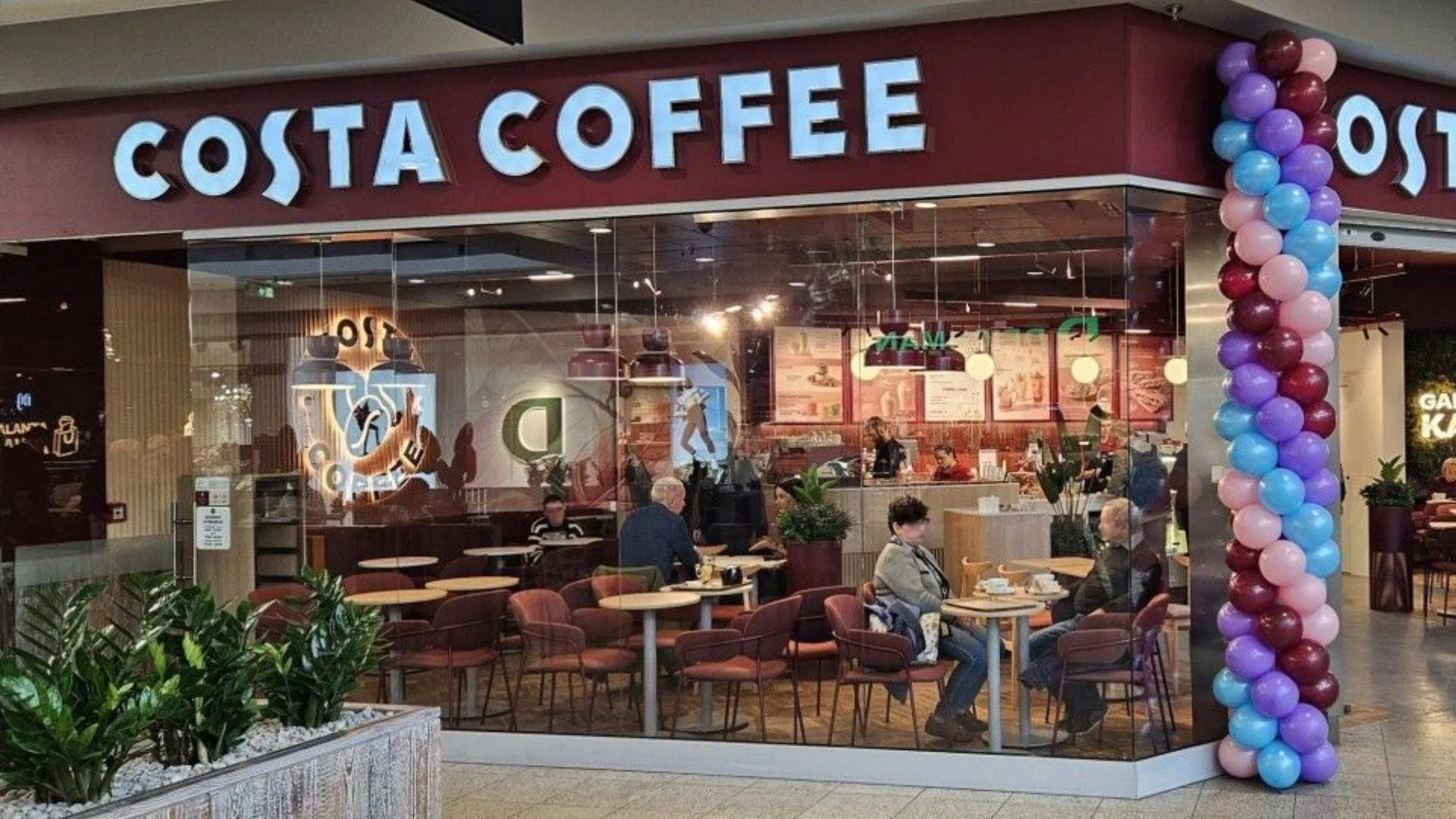Chancellor Rachel Reeves has extended the freeze on income tax thresholds to 2031, a move that will drag hundreds of thousands more workers into paying income tax or higher tax rates through a phenomenon known as "fiscal drag."
The extension means the current income tax bands will remain unchanged until April 2031 for taxpayers in England, Wales and Northern Ireland. The freeze is projected to raise £7.6 billion in revenue by 2030. Combined with an extension to freezing national insurance contribution thresholds, total revenues could reach £8.3 billion.
By keeping thresholds frozen while wages rise, more workers will be pulled into higher tax brackets even when their pay rises only match inflation. The personal allowance of £12,570 — below which workers pay no income tax — has remained frozen since 2022-23. With the minimum wage set to increase to £12.72 per hour next April, more part-time minimum wage workers will be pulled into paying income tax on their earnings.
Impact on taxpayers
The Office for Budget Responsibility estimates that 780,000 more people will be brought into paying income tax in 2029-30, largely as a result of the extended freeze. The number of income taxpayers is expected to reach 42.1 million by 2030 — 5.1 million higher than if no freeze had been introduced after the pandemic.
Higher earners face even steeper increases. The threshold at which the tax rate jumps from 20% to 40% remains at £50,271. The OBR estimates that 920,000 more people will be pulled into the higher tax rate in 2029-30. That's nearly five million more than there would have been had thresholds not been frozen at all.
About 4,000 more taxpayers will be moved into the additional tax rate of 45% on earnings over £125,140, according to the OBR. Analysis suggests median income earners could be £2,310 worse off compared to a scenario where the tax was never introduced, while earners at the 75th percentile could face a £3,844 detriment by 2030.
Political implications
The decision to extend the freeze rather than increase income tax rates directly may help Reeves avoid breaking a Labour manifesto pledge not to raise taxes for working people. The freeze was originally introduced by former Chancellor Rishi Sunak and was set to expire in 2028. Before taking office, Labour had indicated it would unfreeze tax thresholds.
Scotland's income tax bands are set separately by the Scottish government and are not affected by this announcement.
Note: This article was created with Artificial Intelligence (AI).










